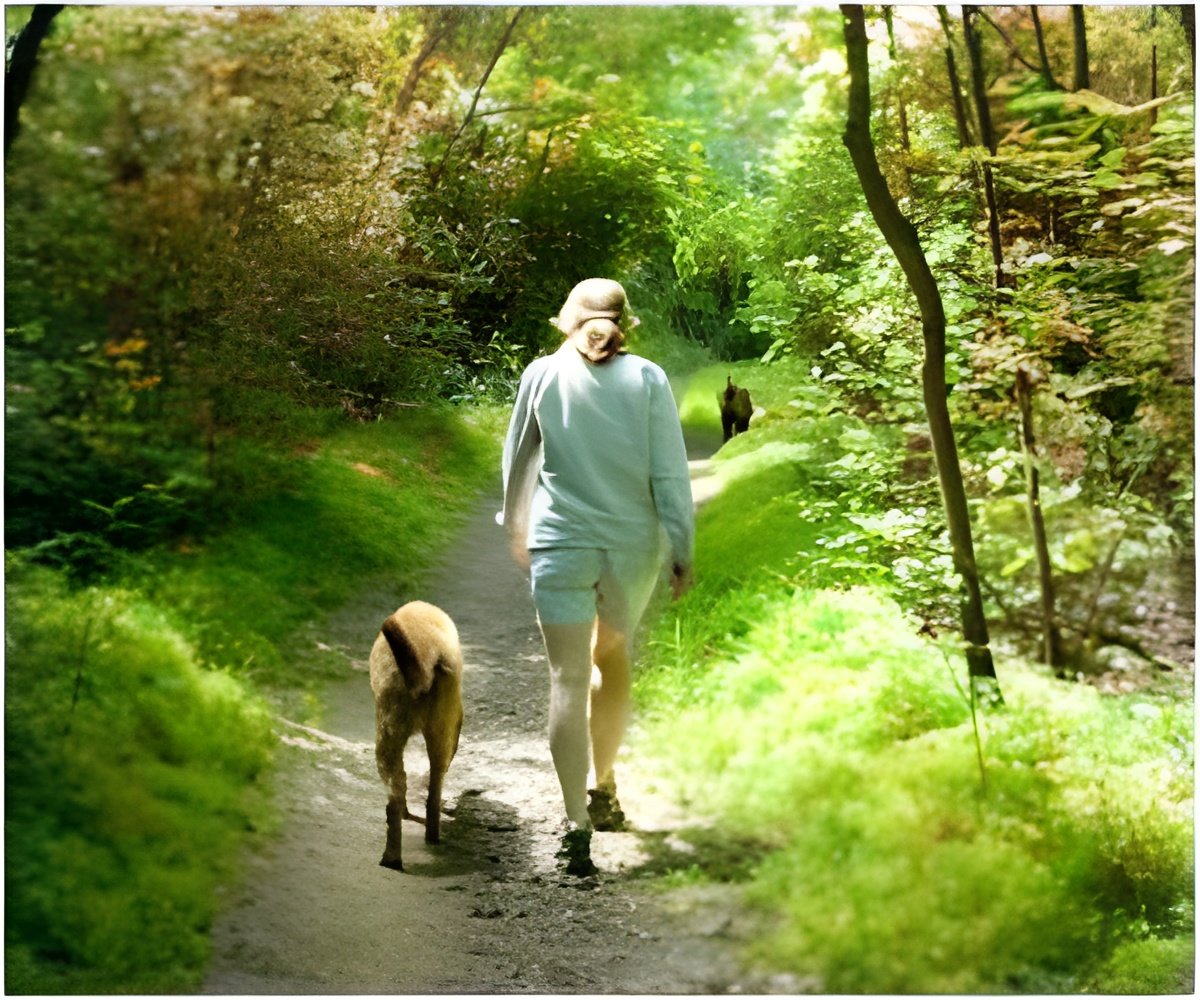A generation of greying pooches and tabbies has sparked a boom in elderly care for the four-legged friends in Japan.

The market is huge. Japanese keep 22 million dogs and cats, according to the latest data from the Japan Pet Food Association -- outnumbering children aged under 15 by about 30 percent.
Japan's population has been declining since 2007 and the country is greying, with one of the world's lowest birth rates and highest life expectancies. Children under 15 now make up just 13 percent of the population while almost one quarter of Japanese are 65 or older, according to recent demographic data.
Japan's pet business, including retail sales of the animals themselves and food and other products, is worth about 1.37 trillion yen (17 billion dollars) a year, according to the Yano Research Institute.
Many owners say they want to take care of their beloved pets until the very end rather than opt for euthanasia.
"Do you put an end to a family member's life because you are inconvenienced?" asked Michiko Ozawa, 67, recounting how she nursed her dog, a mongrel named Shiro, as he became senile and finally died.
"It seems obvious to me that we would let his life run its course," she said.
To help animals live out their twilight years in comfort, companies have come up with new product lines, including Osaka-based home builder Yamahisa Co. which diversified five years ago into elderly pet products.
"We realised that there is demand for goods to take care of elderly dogs because they are considered members of the family," Yuko Kushibe, a marketing official at Yamahisa, told AFP.
The greying of Japan's pets became apparent in recent years as large dogs, such as Siberian huskies and golden retrievers which became fashionable in Japan some 20 years ago, started to grow old, she said.
"Taking care of bedridden large dogs requires a lot of physical strength on the part of the owners," Kushibe said.
To help them, the company offers a cart, a sling, diapers and a mattress with handles to turn a dog's body and prevent bed sores, as well as hip supports that help a dog stand up and walk.
Electronics maker Fujitsu Ltd. meanwhile has teamed up with veterinarians to pave the way for round-the-clock medical care for pets.
Trial services started at a Tokyo animal clinic recently, offering night-time emergency treatment for dogs in state-of-the-art facilities that boast X-ray, CT and MRI scan and ultrasound technology.
Test results and treatment data can be sent via a shared computer network to the dog's vet for follow-up care the next day.
A common problem with elderly cats -- kidney failure -- is the subject of a cutting-edge study at at the Jikei University School of Medicine, where researchers are trying to grow new cat kidneys in pig embryos.
Takashi Yokoo, a head of research at the school, said more than 30 percent of cats are estimated to die from kidney problems which commonly cause anaemia, a shortage of healthy red blood cells.
Yokoo said he succeeded in cultivating tiny kidneys in pig embryos by injecting stem cells harvested from cats' bone marrow.
His team has implanted the "neo-kidneys" into a fat membrane hanging from the cat's stomach, where they produce a crucial blood-forming hormone.
He said he had tied up with a Tokyo start-up company and hopes to apply the technique to real pets in two years. The procedure with surgery would cost some 50,000 yen (620 dollars), Yokoo said.
The technique was originally intended to help humans, but he believes he has tapped into a market that will only grow.
"Giving pets better health or enabling them to live longer as family members will be explored as pet regenerative medicine in the future," he said.
Source-AFP
 MEDINDIA
MEDINDIA



 Email
Email





